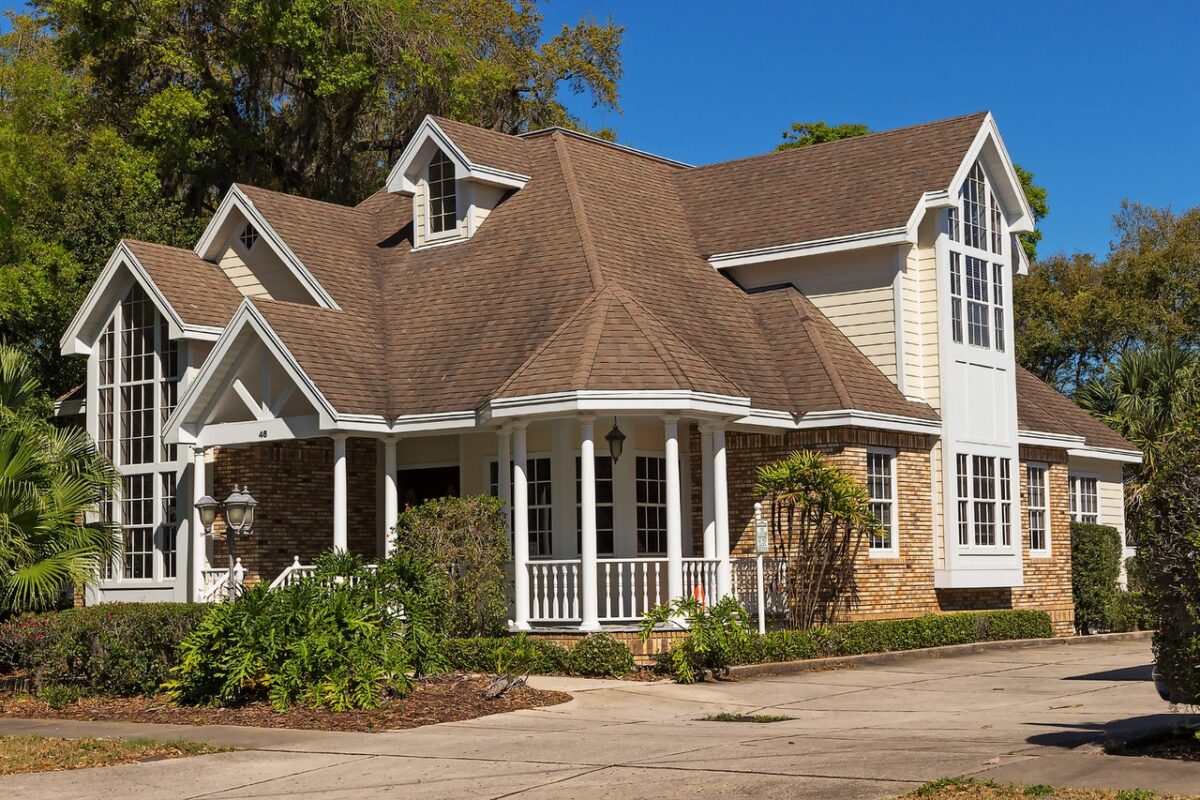Leaks aren’t only a nuisance, when left untreated for long, leaks can result in significant water wastage, unwanted organic growth, and a marked increase in bills. However, since your plumbing system is buried deep within walls and beneath the floor, leaks aren’t always visible. By knowing the possible causes of leaks, you will be in a better position to get to the root of the issue before the damage becomes irrevocable.
Clogged Lines
Strands of hair, dirt, and debris can clog up your drains over time. Clogged drains can prove to be a nuisance, since blockages make it difficult for you to empty a sink or shower. However, if the clogs are left untreated long enough, pressure builds up over time, causing your pipes to burst or overflow. For instance, obstructions in air handler drain pans or in your gutters can wreak havoc on your plumbing. It is better to put in a little effort to clear out any clogs before they lead to bigger problems.
Broken seals
At the time of installation of appliances, seals are placed all around the water connectors to prevent leakages. Seals are also installed over dishwasher doors to prevent leaks. However, the seals wear out with time and need to be replaced. If water is pooling around your appliances or if you see condensation near your appliances, it means that you are dealing with a broken seal. Call a plumber to replace the seal as soon as possible.
Worn out Rubber
Leakages are not only caused by plumbing issues or damaged pipes. With time, rubber stoppers, washers, shower diverter valve, and flapper valves wear-out or break, causing leakages around the fixtures. The first sign of damaged rubber is water pooling around your faucet heads. If you notice any damaged rubber washers, you can replace them yourself with the help of a wrench. Just make sure to buy the right sized rubber washers for replacement.
Corroded Pipes
With time, rust and other forms of corrosion can damage your water pipes irrevocably. You can enhance the durability of a pipe by insulating it, but it cannot protect it forever. Discoloration or warping on your pipes is the first tell-tale sign of corrosion. Corrosion leads to the formation of pinholes in your pipes, which eventually leads to leaks. High or low PH levels of water can exacerbate corrosion. If the PH level of your water is not optimal, consider installing water treatment tools to slow down corrosion. Additionally, if your plumbing system is old, ask for the high-risk pipes to be replaced before they cause bigger problems.
Damaged pipe joints
The place where your pipes connect represents pipe joints. Not only are pipe joints most vulnerable to wear and tear within your plumbing system, they also deteriorate with age, causing leaks. While you cannot see pipe joints since they are buried deep within, you will hear odd banging or ticking sounds whenever you turn on your water taps. These sounds indicate that your pipe joints are exposed to excessive pressure. Get your plumbing system professionally evaluated at least once a year to detect potential issues with the pipe joints.
Unusually high Pressure
While nothing can be more pleasant than standing under a torrential shower first thing in the morning, an unusually high-water pressure can be quite damaging to your pipes. The water pipes in your home are not strong enough to withstand high water pressure for an extended period of time. Water pressure exceeding 80 psi leads to the formation of pin holes in your pipes, through which water leaks out. A plumber can check your water pressure and bring it down to 60psi to avoid water damage.
Loose Water Connectors
The hoses and pipes that supply your appliances with water can sometimes become loose, which can cause unwanted leakages. Moving the appliances can cause these water connectors to disconnect or become loose. If you notice any puddles around the appliance, it could indicate a loose water connector. Fix the connector securely before running water again.
Extreme Changes in Weather
Changing weather may cause your pipes to significantly expand and contract, which often leads to cracks and leaks. Especially when the temperature reaches below freezing point, pipes usually freeze over and may eventually burst. If you are experiencing reduced water pressure, higher than usual water bills for the same usage, or a musty smell near a drain, chances are that your pipes are leaking. It is better to call a professional to help you trace the exact source of your water leak and fix the issue before it can lead to bigger damage.















